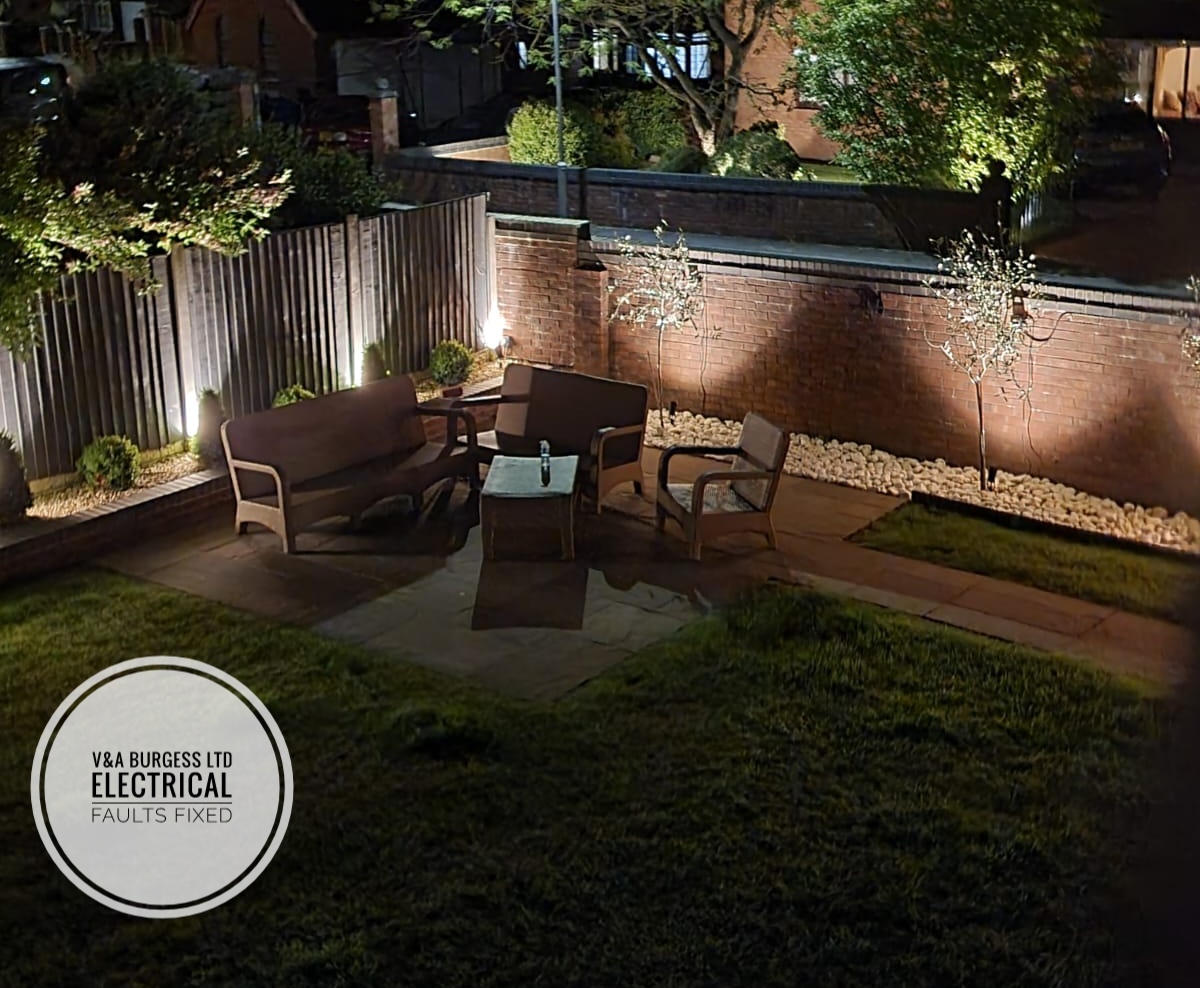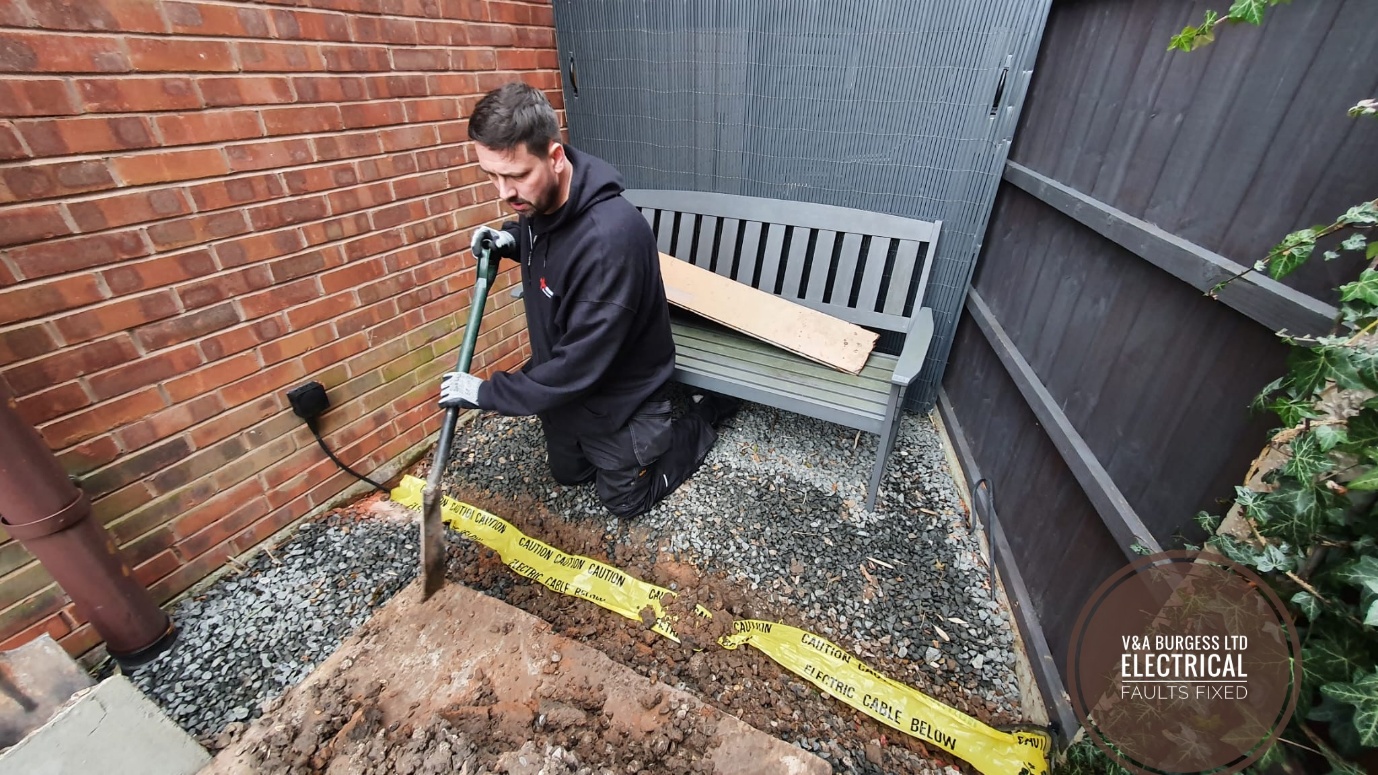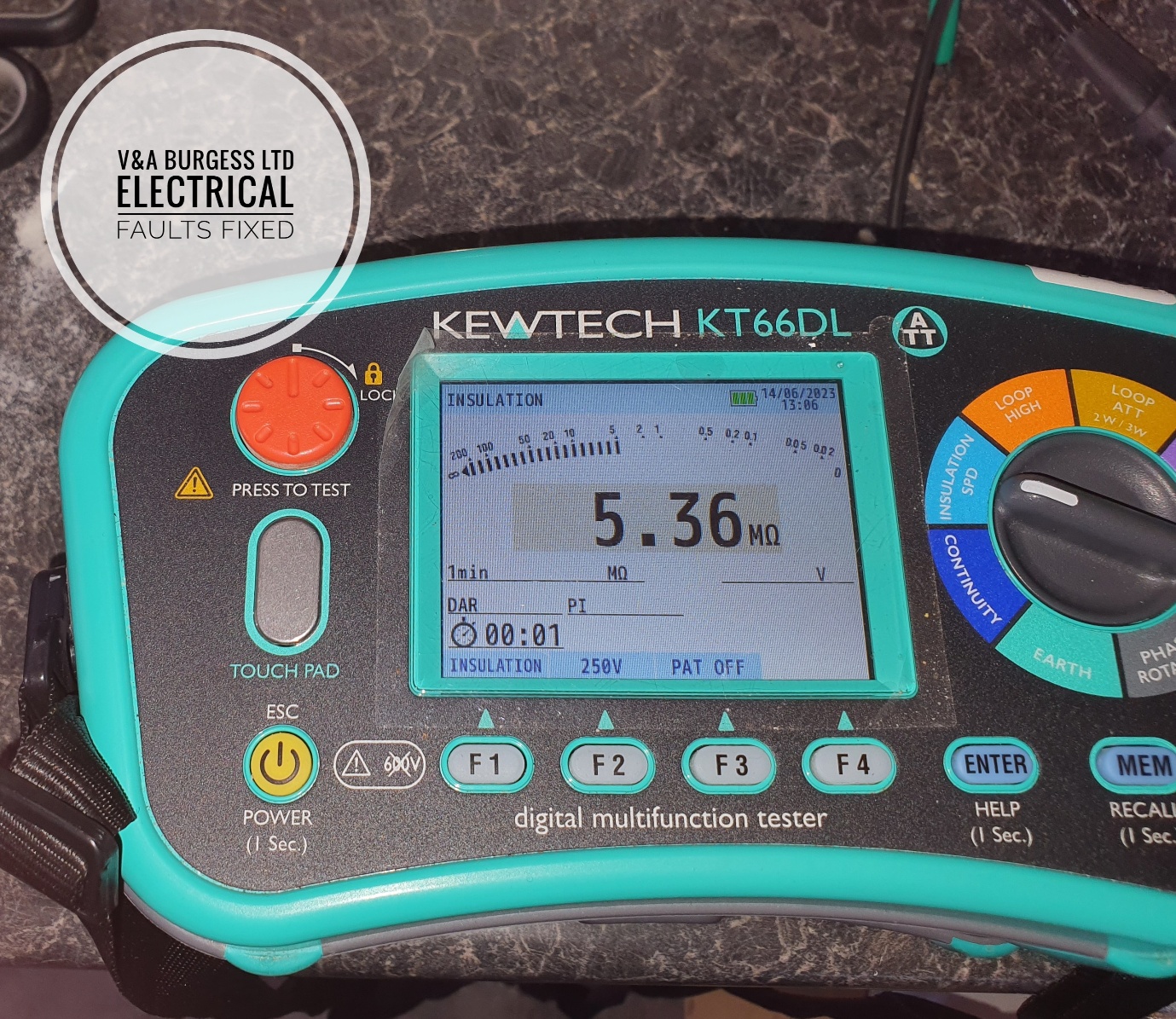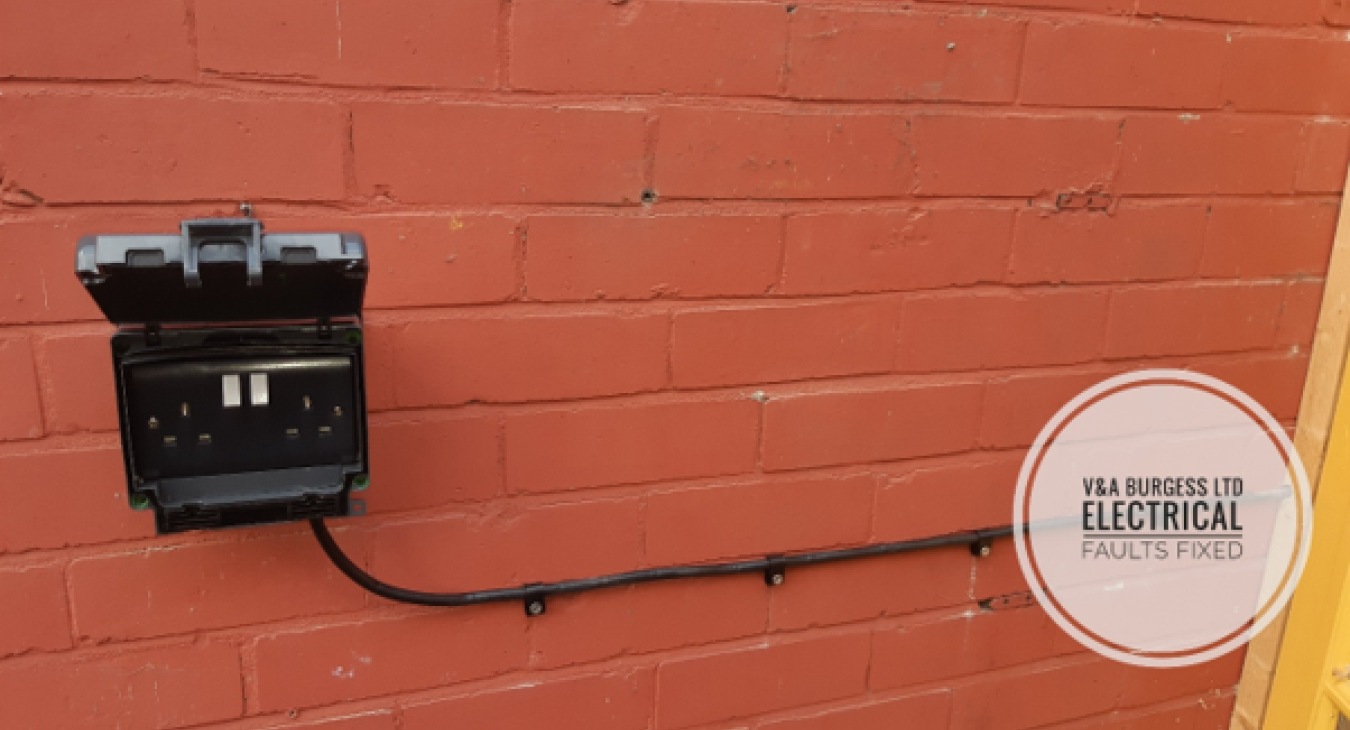Are Outdoor Electrical Outlets Safe in the Rain
We all know that electricity and water do not mix. Electric shocks can occur when water is introduced to electrical equipment but what about outdoor sockets? Are they safe? The answer is generally YES. As long as outdoor outlets are installed correctly, designed for outdoor use and tested by an electrician before being put into service, then they are safe to use.
1) Things to look for on outdoor sockets
When selecting electrical equipment to be installed for outdoor use, it’s important to ensure that the equipment will stand up to the elements in its installed position. Where possible, select a location that will be a nice environment for your equipment. We don't want to install outdoor electrical sockets on the side of the house that gets the brunt of wind, rain and baking sunlight. Whilst weatherproof covers will protect the equipment from the rain and wind, the lifespan of the equipment may well be reduced if it is subject of conditions.
Back to top2) Installing Outdoor Sockets
An outdoor socket comes with a waterproof cover suitable for outdoor environments and should be carefully installed in accordance with the manufacturer’s instructions by a qualified electrician. Whilst weatherproof outlet covers may protect the front of the socket, it is important to consider the cable entry point to the socket and how that will be protected from heavy rain, insects, debris and other issues that outdoor electrical installations often face.
To prevent water damage, entry points should be correctly sealed or glanded. There should be no holes in the enclosure of the socket outlet that allow access to live parts and the outlet should be installed level, plumb and without damage.
The electric circuit from which the outdoor socket is fed should be suitable for the additional load. An electrician will check the earthing, cable insulation quality and bonding before commencing works. Check our article on electrical terminology.
Back to top3) How do we minimize the Risk of Electric Shock Outdoors?
Installing electrical cabling, accessories and equipment outdoors is fraught with potential hazards. Selecting equipment with the correct IP rating, water ingress protection and robust construction will help to prevent electrical shock to some extent. There are GFCI (Ground Fault Circuit Interrupter) outlets (USA and Canada) and RCD socket outlets (UK and EU) which can literally save lives!

An RCD (residual current device) or GFCI will detect when electrical current strays from the circuit to earth and will trip the power supply off to prevent the stray currents from disappearing. When we touch something that is LIVE a certain amount of electrical current will pass through us to Earth. An RCD or GFCI measures this and disconnects the electrical circuit incredibly quickly to limit the severity and duration of any shock. Weatherproof outlets alone are not enough to significantly lower the risk of shock, additional safety devices like RCD and GFCI should be used.
Back to top4) Protecting against Electrical Faults Outdoors
It is important to protect against electrical problems both indoors and outdoors. Whilst circuit breakers and fuses offer protection for cables to prevent them from becoming overloaded, further protection is often required in the electrical safety regulations of many countries. In the UK, outdoor electrical equipment should be carefully selected and installed to prevent harm, damage and to reduce the risk of electrical shock. Where cables are to be buried, they should be installed at a depth sufficient to prevent any foreseeable damage.

The installation process should take into account any planned or unplanned disturbance of the ground where cables are to be installed. Outdoor electrical sockets should be installed away from the risk of knocks and blunt force trauma.
- Do not use outdoor plugs in the rain or wet weather conditions
- Make sure that outdoor plug socket covers form a tight seal
- Ensure equipment is installed with the correct type of cable according to electrical safety standards
- Do not use corded power tools in the rain
- Ensure that outdoor electrical systems are regularly checked
5) Safest way to Install electrical equipment in outdoor spaces
The best way of ensuring everyone's safety, meeting the National Electrical Code (USA) and Wiring Regulations (UK BS7671) is to have a professional electrician install the equipment and cabling. Both indoor outlets and outdoor outlets pose serious risks if installed incorrectly and using a licensed electrician to carry out the work for you will ensure that the regulations are followed and electrical hazards are minimized.

Electricians have a wealth of knowledge and test equipment that enables them to ensure circuits are correctly earthed, have low enough resistances and to check that electric shock protection devices will trip when required.
Back to top6) What about short circuits?
A short circuit occurs when there is an unwanted electrical connection between Line and Neutral in an electric circuit. This can occur when water leaks into electrical equipment such as outdoor sockets, appliances, switches and breaches LINE across to NEUTRAL.
Back to top7) Summary
If installed correctly by a professional, Outdoor waterproof sockets should be perfectly safe to use. Make sure to check your outdoor electrical equipment annually for signs of damage, water ingress and general condition. Make sure to have your electrical system checked periodically by a qualified electrician to ensure that safety standards are upheld.
Back to top
Read more articles
- Inicie sesión para enviar comentarios

